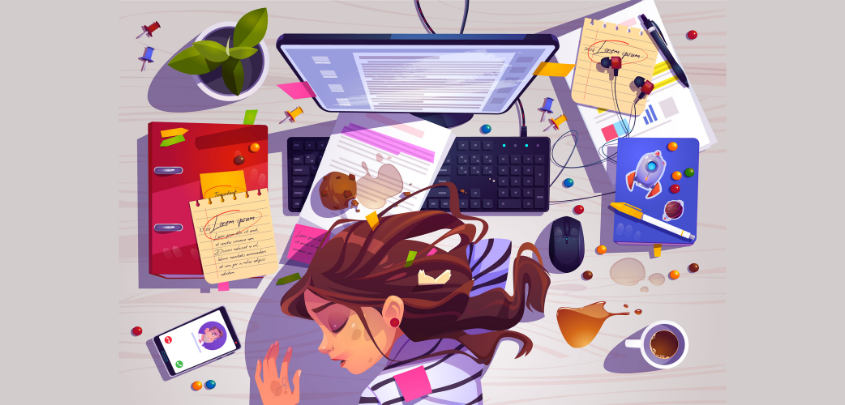
21, Nov, 2024
The 5 Critical Mental Health Impacts of Workplace Cyberbullying
Workplace cyberbullying is more than just a digital annoyance—it has serious and often long-lasting effects on mental health. As more workplaces become digitally connected, the rise of online harassment poses new challenges for employee well-being. Below are the five critical mental health impacts of workplace cyberbullying:
1. Chronic Anxiety
The constant barrage of negative messages, passive-aggressive emails, or being excluded from team discussions can trigger chronic anxiety. Victims often feel on edge, worried about the next interaction or how they’ll be perceived, even when they’re not at work. This hyper-vigilance makes it difficult to relax or feel safe in the workplace.
2. Depression
Over time, cyberbullying can severely impact an individual’s self-esteem and self-worth. The continuous digital harassment or public humiliation can leave victims feeling isolated and depressed. They may begin to doubt their abilities or feel disconnected from their colleagues, leading to long-term emotional distress.
3. Emotional Exhaustion
The inability to escape the harassment in a digital, always-on work environment leads to emotional exhaustion. Victims of workplace cyberbullying often experience burnout, a lack of motivation, and mental fatigue, making it difficult to perform even the most routine tasks. This exhaustion diminishes productivity and well-being.
4. Sleep Disruption
The stress caused by workplace cyberbullying can affect sleep patterns. Victims may lie awake at night, ruminating over past interactions or worrying about future digital harassment. Sleep deprivation can compound other mental health issues, leading to a vicious cycle of increased stress and fatigue.
5. Social Withdrawal
To protect themselves from further hurt or embarrassment, victims may withdraw from social interactions in the workplace. They may avoid team meetings, lunch breaks, or group activities out of fear of being targeted again. This social isolation only amplifies the feelings of loneliness and anxiety caused by cyberbullying.
Conclusion
Workplace cyberbullying isn’t just a personal issue—it affects the entire workplace culture. By recognizing the psychological toll of digital harassment, we can begin to create more supportive, respectful environments where employees feel safe and valued. Addressing these mental health impacts is essential to fostering a positive, productive workplace.
